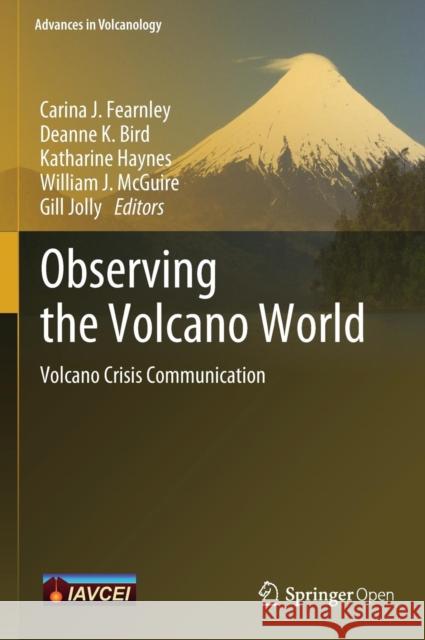Observing the Volcano World: Volcano Crisis Communication » książka
Observing the Volcano World: Volcano Crisis Communication
ISBN-13: 9783319440958 / Angielski / Twarda / 2018 / 771 str.
Recent decades have seen a number of volcanic crises and whilst the discipline of volcanology has made significant progress, the knowledge gained from volcanic crises that seeks to establish how volcanological sciences and crises management come together has not been widely published.Consequently this book brings together authors from all over the globe that work with volcanoes, ranging from observatory volcanologists, disaster practitioners, government officials, and NGO and government practitioners to reflect on three key aspects of volcanic crises. First, the unique and wide-ranging nature of volcanic hazards that make them a particularly challenging natural hazards to forecast and manage, partly due to their varying spatial and temporal relations. Second, lessons learnt on how to best manage a crises based on a number of crises that have shaped our understanding of volcanic hazards and crises management. Third, the diverse and wide ranging aspects of communication involved in a crisis that bring together old practices and new technologies in an increasingly challenging and globalised world. Without this knowledge there is little scope to draw on established knowledge to move towards developing more robust volcanic crises management, and to understand further how the volcano world is observed from a range of perspectives in different contexts around the world. This book aims to bring together the global community providing a holistic overview of volcanic crisis communication to establish way of successfully applying volcanology in practice and identify areas that need to be address for future progress.











